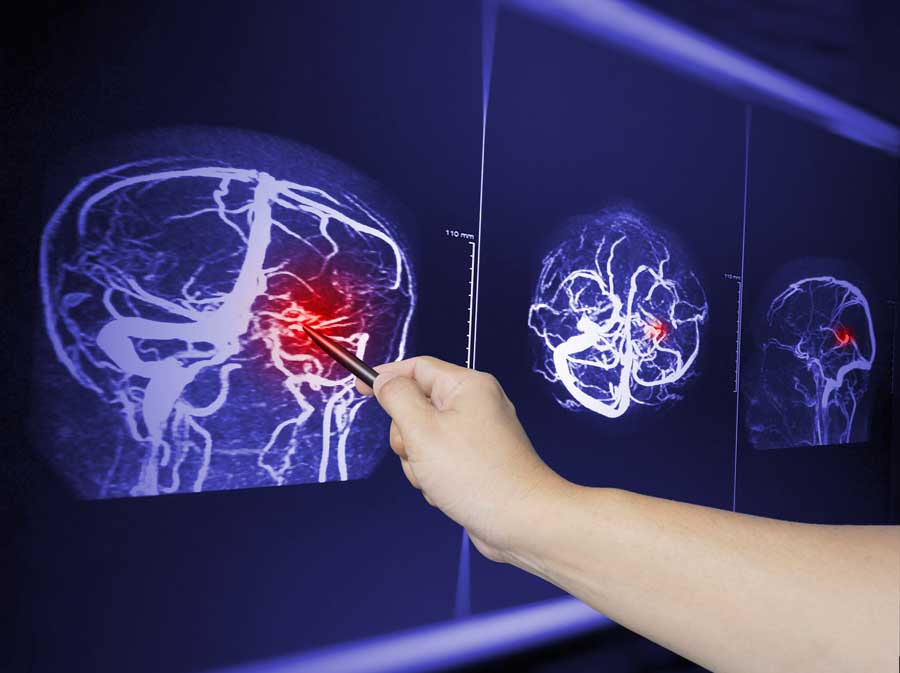
By Hampton & Pigott
Posted on 6-8-2022
All of our clients have something to lose. And those who have been involved in workplace, auto, and other kinds of accidents are certainly included. Which is exactly why we fight so hard for our clients. When you win, we win.
Concussions and Traumatic Brain Injuries are sadly common in the personal injury cases we see. If you have recently been involved in an accident, recognizing signs of head trauma can prove essential in getting the care you need. Here is what you should look for.
When your head is hit with significant force, this can cause brain injuries. Your brain sits in fluid inside the cavity of your skull. So, when your head is violently hit from outside forces, it can send your brain crashing into the walls of your skull. Severe whiplash, shrapnel impact, and things like these can cause severe damage to the brain. If you lose consciousness at the scene of an accident, it is likely that your brain has suffered a traumatic injury.
Many people think that once they have been sent home from the hospital, all is well. This is not the case since TBIs can delay manifesting symptoms. Here are signs that you and family members should keep watch for in the days following an accident.
When your body is healing, it is natural to feel tired. But if mental and physical lethargy continues well after you have begun to heal, this is a sign that you may be suffering from long term problems. General sluggishness and apathy can also be included in this category.
The brain is a delicate and intricate organ. If you have suffered a TBI, depending on the location of the injury, it can affect your mood and personality. If you or your loved one is experiencing differences in emotional disposition, behavior, or general outlook after an accident, it is worth talking to a doctor about.
Headaches and dizziness can be caused by a wide range of things, so these symptoms are easy to right off or ignore. But if you are experiencing persistent headaches or dizziness after an accident, it could be signaling damage to nerves or brain tissue. Tingling or numbness in the area the injury occurred is also a sign you should look for.
Like we mentioned, the brain is a complex organ that controls the entire body. TBI related side effects may well present themselves in other ways, these are just some of the most common and subtle symptoms to look out for immediately following an accident.
If it turns out that you have suffered a TBI as a result of an accident, ongoing medical care can prove financially draining. Which is exactly why you should reach out to a team of experienced litigators after an accident that was not your fault. At Hampton & Pigott, we will do everything we can to ensure that you are rightfully compensated for the injury you sustained.
Recent:
Categories
Archive
Jan 2026
Dec 2025
Nov 2025
Oct 2025
Sep 2025
Aug 2025
Jul 2025
Jun 2025
May 2025
Apr 2025
Mar 2025
Feb 2025
Jan 2025
Dec 2024
Nov 2024
Oct 2024
Sep 2024
Aug 2024
Jul 2024
Jun 2024
May 2024
Apr 2024
Mar 2024
Feb 2024
Jan 2024
Dec 2023
Nov 2023
Oct 2023
Sep 2023
Aug 2023
Jul 2023
Jun 2023
May 2023
Apr 2023
Mar 2023
Feb 2023
Jan 2023
Dec 2022
Nov 2022
Oct 2022
Sep 2022
Aug 2022
Jul 2022
Jun 2022
May 2022
Apr 2022
Mar 2022
Feb 2022
Jan 2022
Dec 2021
Nov 2021
Oct 2021
Sep 2021
Aug 2021
Jul 2021
Jun 2021
May 2021
Apr 2021
Mar 2021
Feb 2021
Jan 2021
Dec 2020
Nov 2020
Oct 2020
Sep 2020
Aug 2020
Jul 2020
Jun 2020
May 2020
Apr 2020
Mar 2020
Feb 2020
Jan 2020
Dec 2019
Dec 2018
Jul 2018
Dec 2017
Oct 2017
Jul 2017
Feb 2015
Jun 2014
Jan 2014